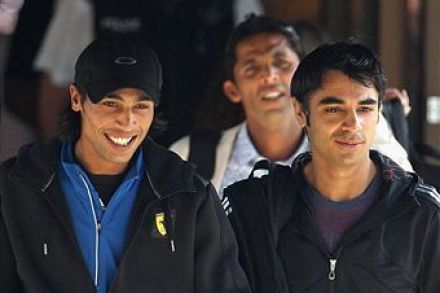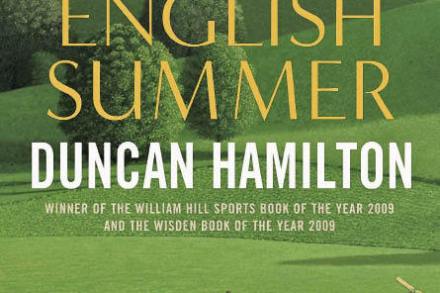Picture of the Day: Last Hours of Summer
The Yarrow Valley, yesterday. More later, including a post on Freddie Flintoff plus the excruciating conclusion to the County Championship. But for now, a pastoral scene to soothe overstretched Somerset nerves… UPDATE: Bloody Notts have taken the three wickets they needed to steal the Championship from Somerset. 119 years of not winning the title now. And still the wait goes on. A sad, bitter day for wurzels everywhere.



